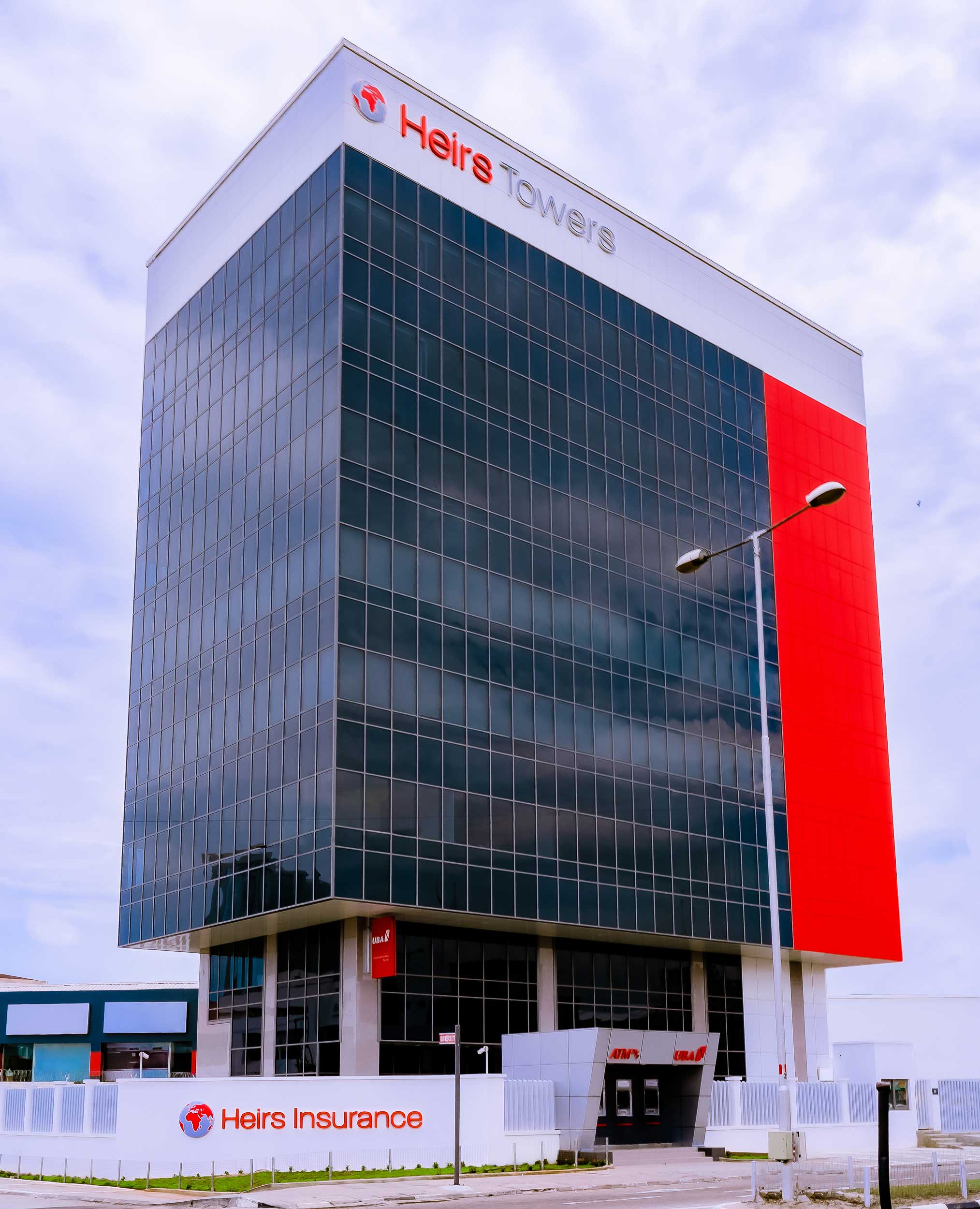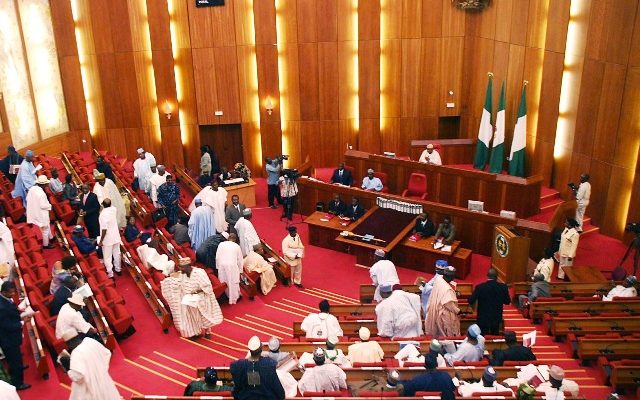BY NKECHI NAECHE—National Insurance Commission (NAICOM) on Friday announced the withdrawal of Tier Based Solvency Capital Policy for Insurance Companies in Nigeria The Commission disclosed this through a circular signed by Agboola Pius, Director Policy and Regulation, for Commissioner for Insurance, entitled:”Withdrawal of Circular on Tier Based Solvency Capital Policy”
The circular thus read: “Pursuant to the powers conferred by the enabling laws, the Commission hereby withdraws and cancels the Circular dated August 27, 2018 with reference number NAICOM/DAPCIR/14/2018 and titled Tier Based Solvency Capital Policy for Insurance Companies in Nigeria.
It added that the withdrawal and cancellation takes immediate effect. Ag T. Pius’ Director (Policy and Regulation) For: Commissioner for Insurance.
NAICOM had on August 2018 announced that the insurance companies Tier-based recapitalisation commencement date to October 1, as against January 1, 2019 it earlier announced in the month of July.
According to the commission the new cicular mandated all insurance companies to recapitalise and communicate to NAICOM the tier they intended to play in before October 1.
The commission noted that only companies that meet the respective tier requirements shall lead on new businesses in those categories with effect from October 1.
“Companies shall be assessed, in the first instance, on their approved financial statement for 2017, and audited half year account for 2018.
“However, where a company is yet to obtain approval for its 2017 financial statement, its last approved audited accounts will be used for the assessment.” NAN reports that underwriters interested to play in the tier 1 category are expected to increase their capitalisation from N5 billion to N15 billion.
The TBMSC structure is a complementary measure to the ongoing implementation of the Risk-Based Supervision, RBS, programme. It is a three level model which specifies capital requirement for each tier based on their respective risk classification.
Tier-3 of the TBMSC stipulates that companies will operate on the existing minimum paid up capital of N2 billion for life, N3 billion for non-life and N5 billion for composite underwriters. Life companies will only be permitted to underwrite individual life policy, health insurance, and miscellaneous insurances.
Non-life companies will only underwrite fire, motor, engineering (only classes covered by compulsory insurance), general accident, agriculture and miscellaneous insurances.
Composite company
To operate in tier-2 of the TBMSC, companies must have 50 percent additional on the capital base. Life companies must have N3 billion capital base and will underwrite all tier-3 risks and group life assurance.
Non-life companies must have N4.5 billion and will underwrite all tier-3 risks, as well as engineering (all inclusive), marine, bonds credit guarantee and suretyship insurances.
For tier-1 players, companies must have 200 percent additional on the capital base. While life companies must have N6 billion capital base and will underwrite all tier-2 risks and annuity, non-life companies must have N9 billion capital base and will underwrite all tier-2 risks, as well as oil & gas, (oil related projects, exploration & production) and aviation insurances.
In essence any composite company, that is life and non-life, that wants to be in tier-1 must have N15 billion, tier-2 must have N7.5 billion while tier-3 must have N5 billion.
Companies’ position
Analysis of 2017 financial reports of companies show that firms that could fall under the tier-1 composite category are Leadway Assurance Company Limited with shareholders funds of N52.4 billion; Custodian and Allied with shareholders funds of N35.4 billion; Axa Mansard with shareholders funds of N20.3 billion; Wapic Insurance with N17.9 billion; as well as Zenith Insurance with N23.5 billion.
Under the tier-1 category for non-life business, companies that could fall under it are Linkage Assurance with N19.9 billion; Universal Insurance with N10.4 billion; as well as Nem Insurance with N9.7 billion.
Companies that could fall under the tier-2 composite category are Aiico insurance with N10.5 billion; NSIA Insurance with N10.7 billion; Lasaco Assurance with N8.2 billion; Mutual Benefits Assurance with N8.1 billion; as well as Niger insurance with N7.8 billion.
Non-life category
Under the tier-2 non-life category, companies that could fall under it are Prestige Assurance with N7.5 billion; Consolidated Hallmark with N4.7 billion; Law Union & Rock with N6.5 billion; Saham Unitrust with N7.8 billion; Sovereign Trust with N5.5 billion; as well as Regency Alliance with N5.2 billion.
For the tier-3 composite category, the companies that could fall under it are Great Nigeria Insurance with N5.9 billion; as well as Royal Exchange with N5.6 billion. Companies that could fall under tier-3 non-life category are Sunu Assurance with N4.3 billion; as well as Guinea Insurance with N3.0 billion.
Arm Life as well as Metropolitan Life companies that underwrite life businesses, both fall into tier-2 category with N3.2 billion; and N4.1 billion respectively.














